Equine Therapy
Equine therapy is an experiential form of animal-assisted therapy that incorporates horses in the therapeutic setting. The core focus of equine therapy is on the interactions between clients and a horse. Equine therapy is often recognized as a “team” approach as the horse, therapist, and equine specialist all play an integral role in the treatment process. The roles of the therapist and equine specialist are to observe the interactions between client and horse. The therapist will often highlight and help the client process the interactions that are the most prevalent in the client’s own life. The horses that are utilized in equine therapy are carefully selected to ensure client safety and comfortability. Equine therapy is unique as it does not take place in a traditional therapy office setting, but rather in a barn or stable.
Equine therapy can look different depending on the structure of the program clients choose to attend. In other words, certain forms of equine therapy may involve therapeutic work that is done both on horseback and on the ground, where others may not include riding the horse at all. Therapeutic activities such as grooming, feeding, and leading the horse are commonly incorporated in the treatment process. This form of therapy promotes occupational, physical, and emotional growth in clients. Research suggests that equine therapy helps clients make improvements in the following areas: emotional awareness, assertiveness, empathy, stress tolerance, impulse control, self-regard, healthy boundary formation, problem solving skills, and interpersonal relationships. Equine therapy is commonly utilized to help treat anxiety, depression, eating disorders, substance abuse, trauma, Autism Spectrum Disorder, and behavior disorders.
The healing power of horses lies in their non-judgmental, kind, and gentle manner. Horses have a natural ability to speak to humans, without saying anything at all. Horses act as biofeedback machines, or “emotional mirrors” for their human counterparts. Horses are highly effective at highlighting and emulating the behaviors of humans. Horses respond to both the verbal and non-verbal messages of people, often enabling clients to view their behavior differently than they otherwise would have. Horses model healthy emotional expression for clients, as horses do not hide their emotions and during their time spent together, horses can help clients both identify and process their own emotional experiences. The relationship that develops between horse and client teaches clients about vulnerability, trust, and the reciprocal understanding of emotions. Therefore, this unique therapeutic relationship models healthy interpersonal relationships between humans. Winston Churchill once said “There is something about the outside of a horse that is good for the inside of a man”, and equine therapy illustrates the beauty of the relationship between client and horse.
Written by Lauren Ender, MFT Student Therapist at Red Rock Counseling.

